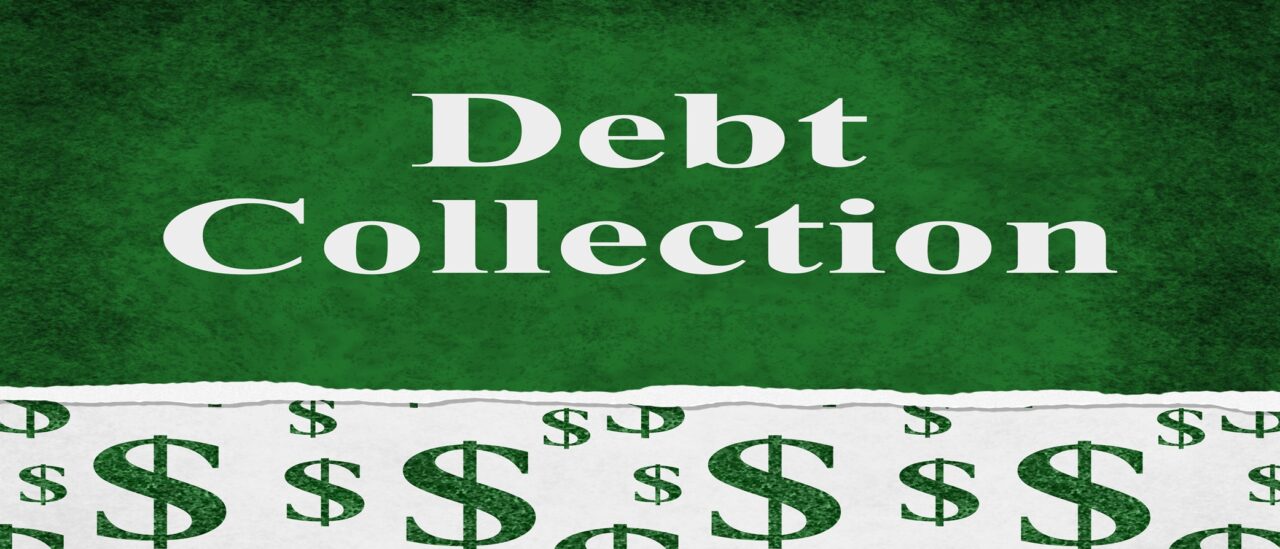Not all collection matters require a commercial collection lawyer. If your business has unpaid receivables, it depends on the kind of debt and who your customers are. This article will discuss what commercial collections is, and what it isn’t, so you can determine the type of collection lawyer you need.
Commercial Collections – What It Is (And Isn’t)
Commercial (B2B, or Business-To-Business) collections refers to collecting money owed on a business debt, typically owed by one company to another for unpaid goods or services. Think in terms of an unpaid supplier or service provider.
Contrast this with consumer (or B2C) collections, which involves debt incurred by individuals primarily for personal, family, or household purposes. Common examples include credit cards, doctor bills, utilities, etc.
However, if an individual guarantees a business debt, or if he incurs debt through an unincorporated business, it’s still a commercial and not consumer obligation.
Two important distinctions exist between B2B and B2C collections:
First, commercial collections is not heavily regulated, whereas consumer collections is. Numerous laws regulate consumer collection activities, most notably the Fair Debt Collection Practices Act (FDCPA), a federal statute that establishes guidelines, defines consumer rights, and specifies penalties for violations.
Second, commercial collections typically involves higher amounts. Consumer debts can certainly be large, but are usually much smaller than commercial cases.
Whether Your Business Needs A Commercial Collection Lawyer
Whether your business needs a commercial collection lawyer depends on the nature of the debt and who your customers are.
If you’re selling goods or services to other businesses, your unpaid receivables are commercial debt. If you need help collecting them, you’ll want a lawyer who’s experienced in commercial collections, who’s used to dealing with corporate defendants, and who’s knowledgeable in corporate law. In my own practice, this is what I do.
On the other hand, if your customers are individuals buying for personal, family, or household purposes (like a dentist, a home landscaper, etc.), you’ll want a lawyer who focuses on consumer collections, and who’s versed in FDCPA and other consumer protection laws.
For more information on accounts receivable collections, or if you’d like to discuss a specific collection issue, call me at 856-667-1669 or contact me here.
This material is for informational purposes only and should not be construed as legal advice. No person should rely on this information without seeking the advice of an attorney.
